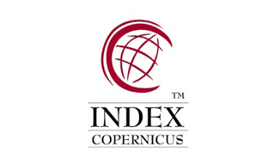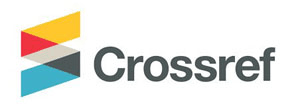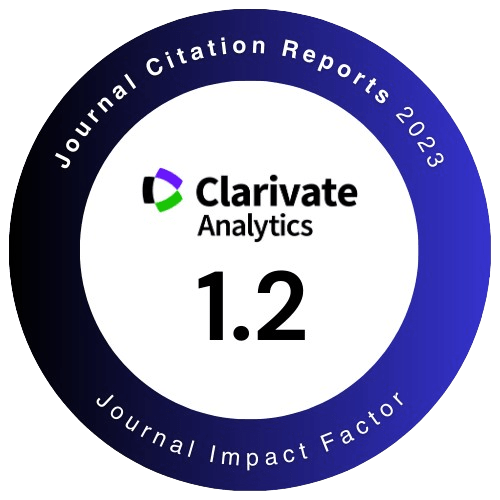Improving Salt Farmer’s Bargain Power through Demand Allocation and Profit Sharing: A Cooperative Game Approach
Abstract
Oligopoly has remained a serious problematic market structure in the Indonesian salt supply chain, which exterminates the bargaining power of farmers. To eradicate the problem, a hybrid collaboration structures, i.e., vertical collaboration (farmers with cooperatives) and horizontal collaboration (farmers with farmers), are proposed, enabling to bring positive economic impacts to farmers. This novel supply chain-system model follows the cooperative game theory with Shapley's value for decision-making process. This work aimed to evaluate the implementation of the two partnership models for the supply chain of salt regarding their impacts on economic benefits for farmers assessed by Shapley's value of coalitions. The constructed model revealed that collaborative works between salt stakeholders improved farmers’ revenue, and the optimum benefit was achieved by farmers when their supply (≤20%) was purchased by cooperatives, while the remaining was bought by middlemen. In this regard, the significant capacity of the cooperative should be invigorated in various sectors, including saving and loan services, market seekers, salt price making, and improvement of salt quality. Although farmers-to-farmers collaboration also bring mutual benefits, additional attempts by cooperatives, especially for small farmers, can be created to nurture a partnership between cooperatives and farmers, enabling them to generate more benefits.
Keywords
Full Text:
PDFDOI: https://doi.org/10.14716/ijtech.v15i1.5522











